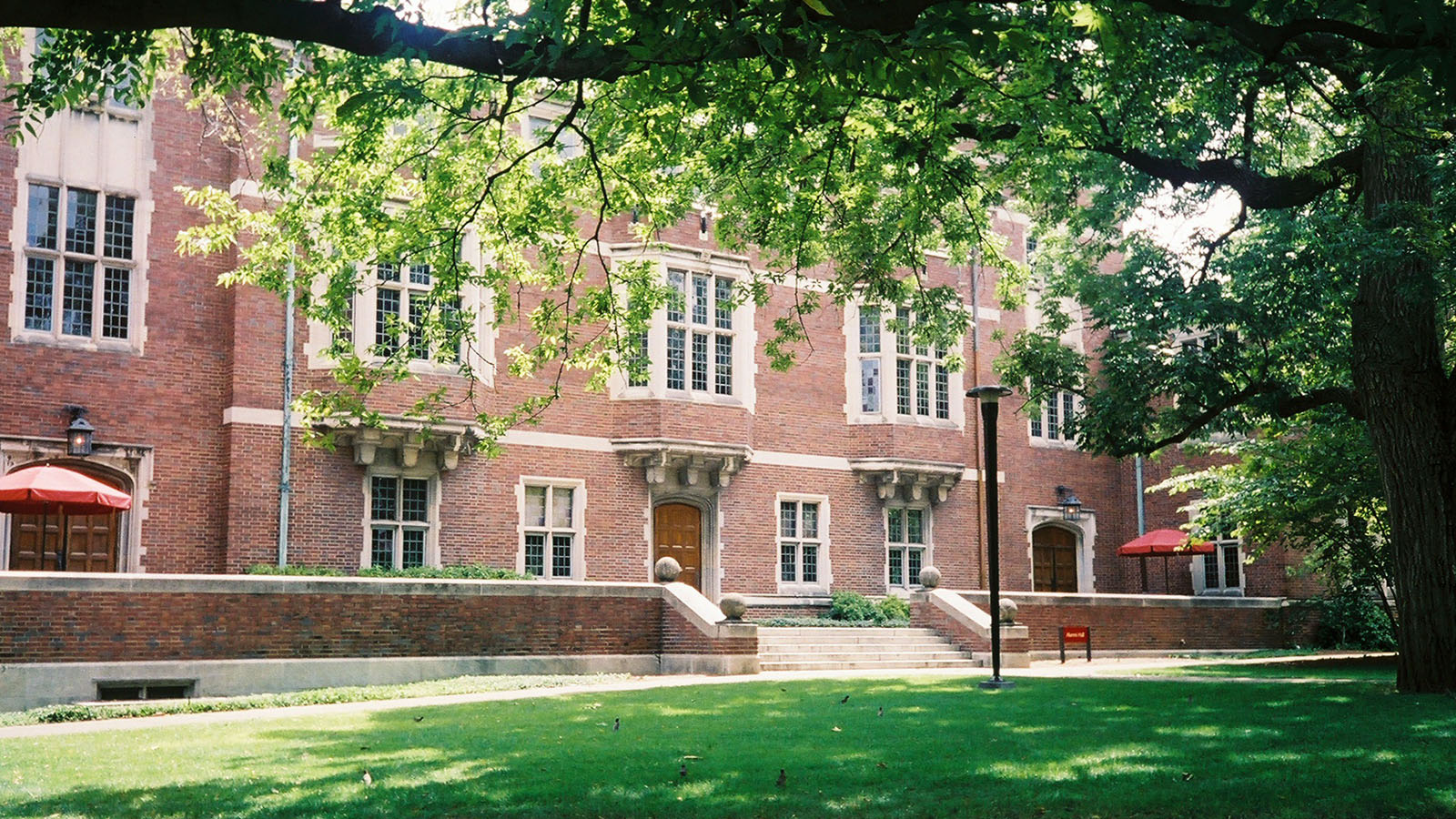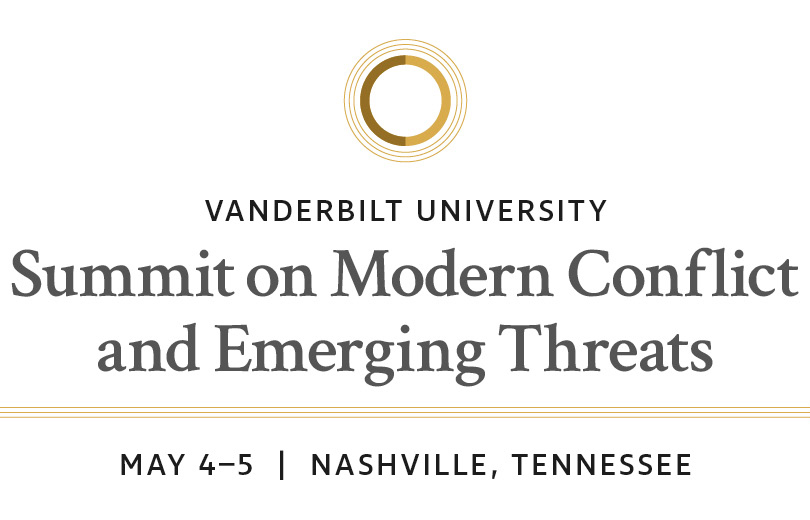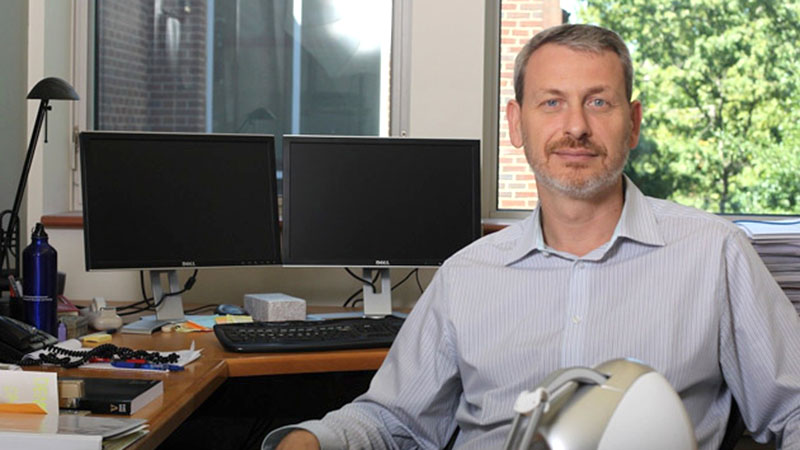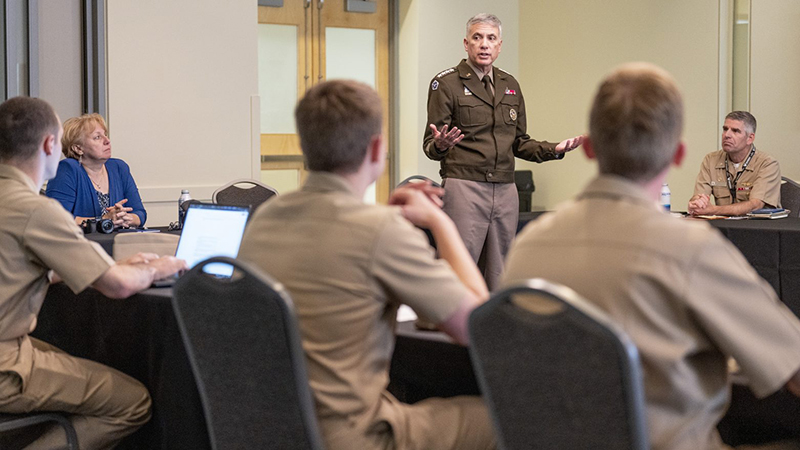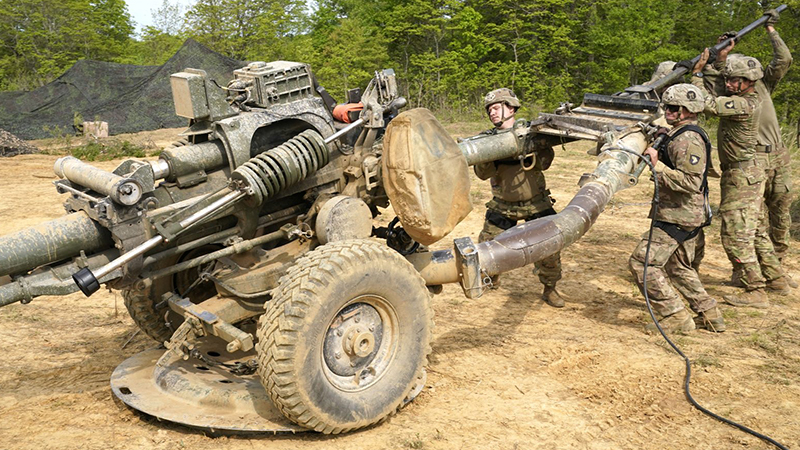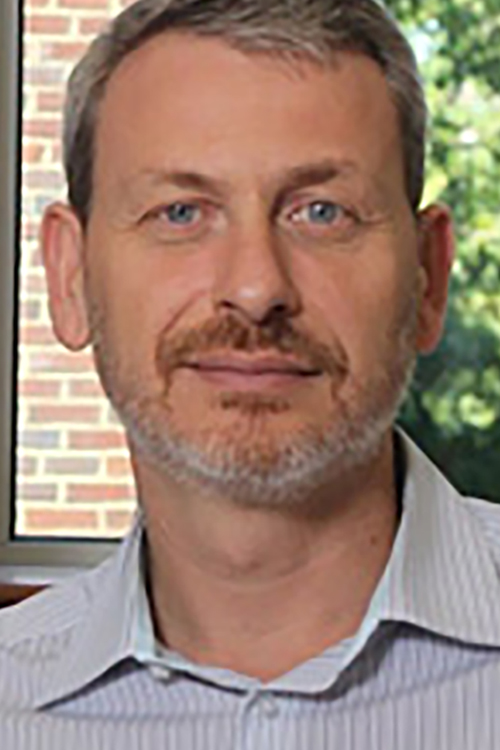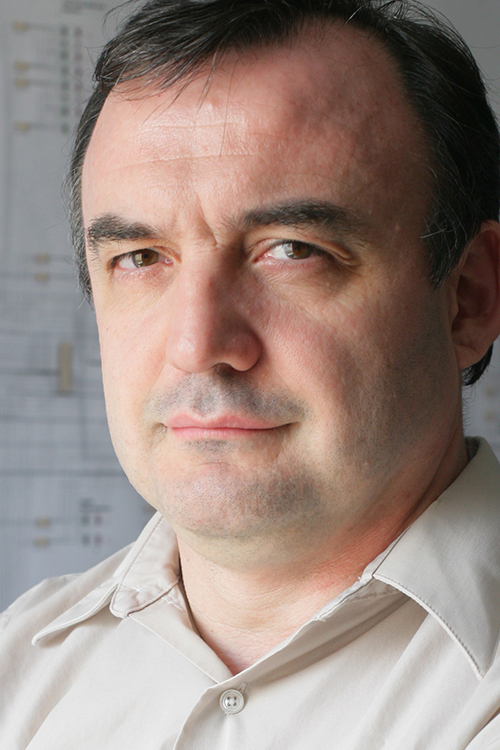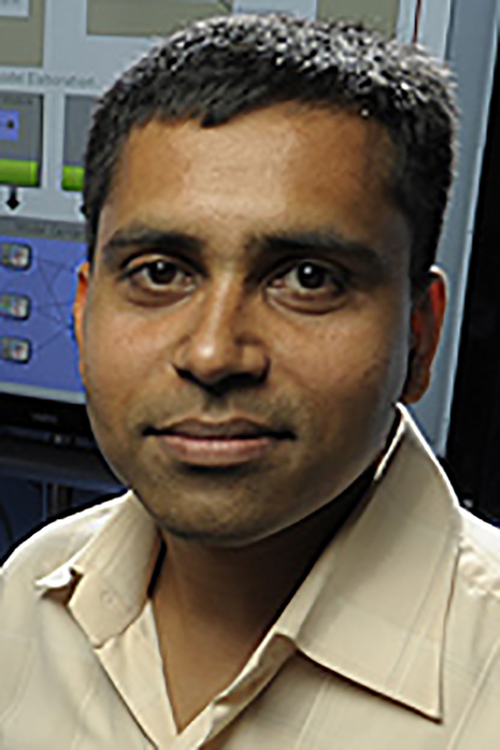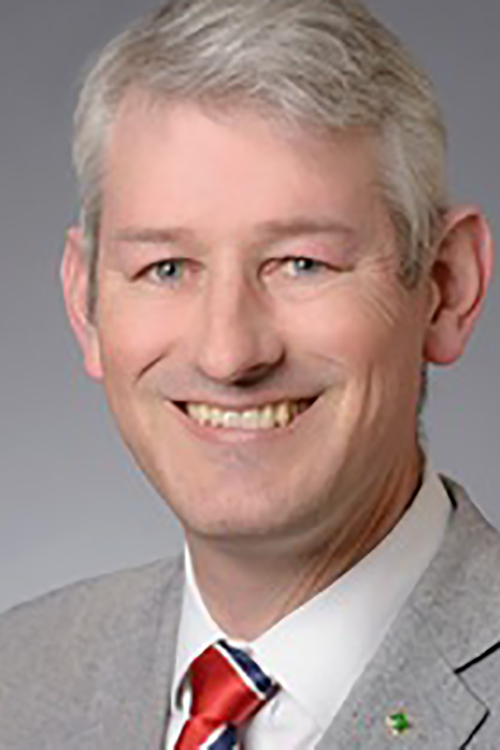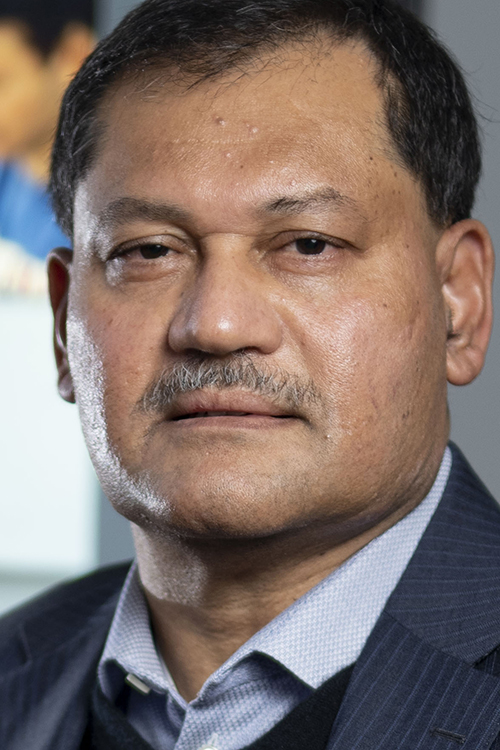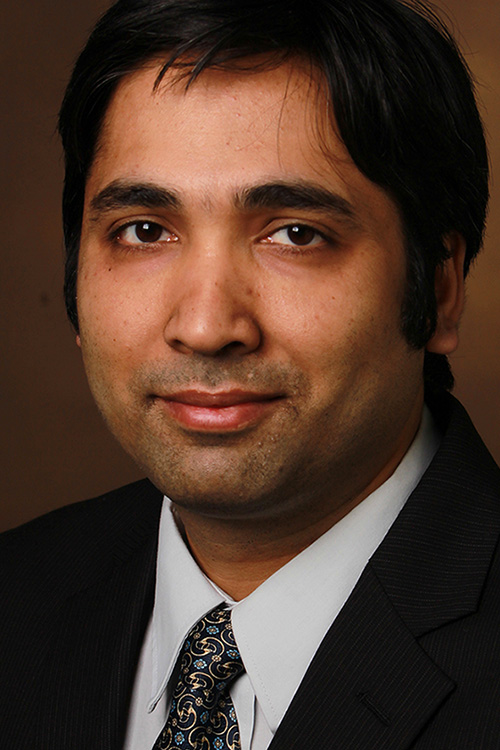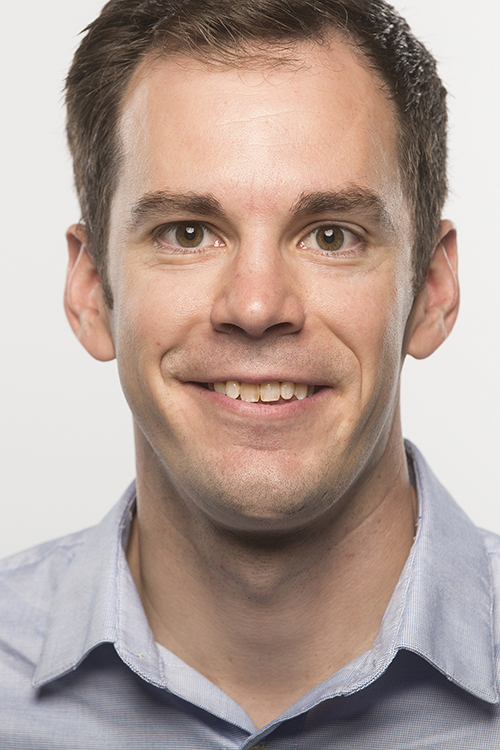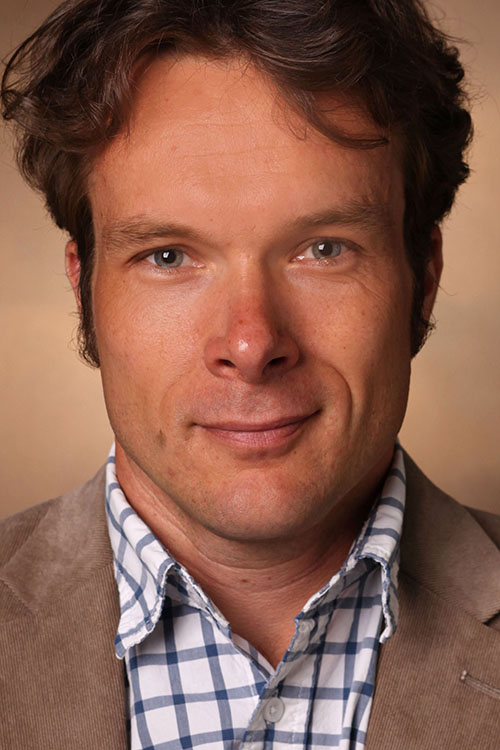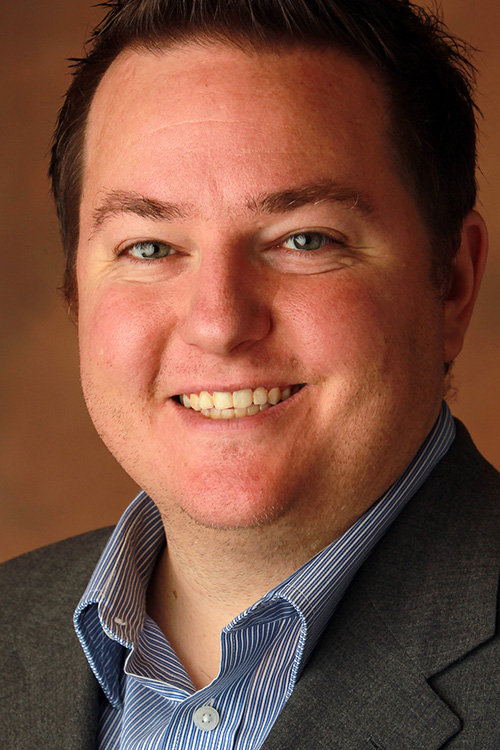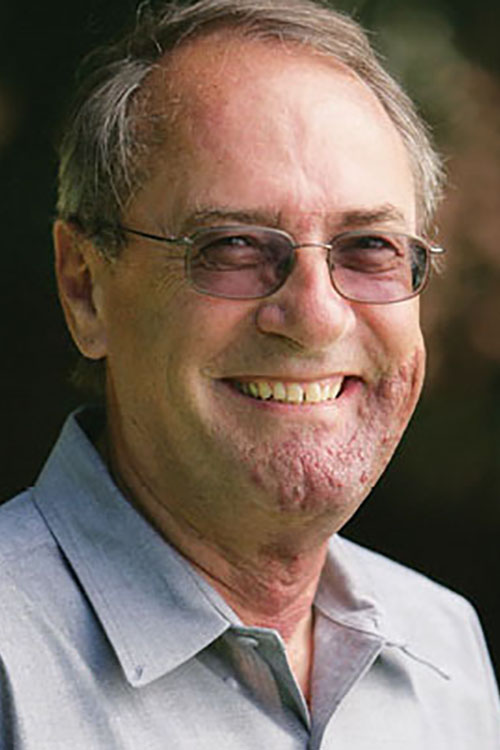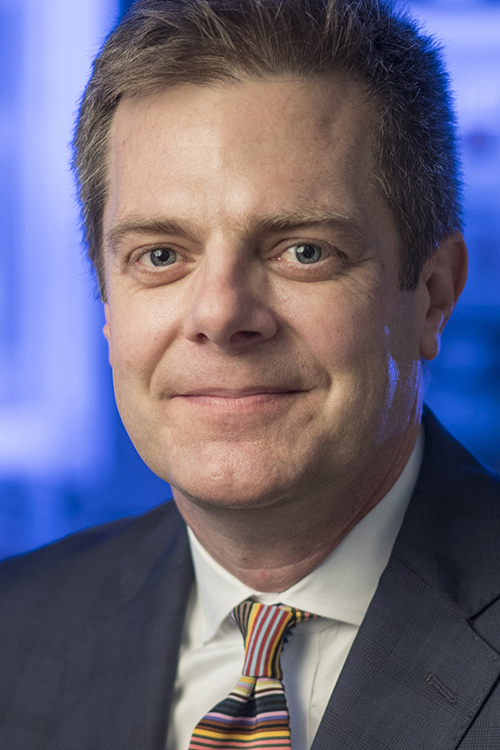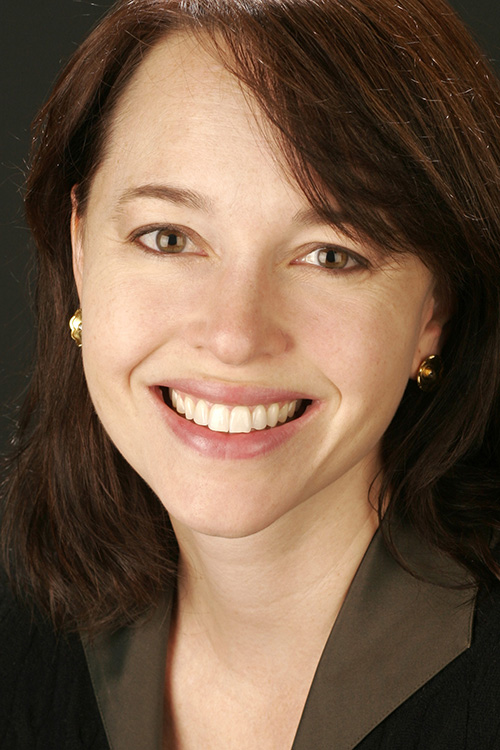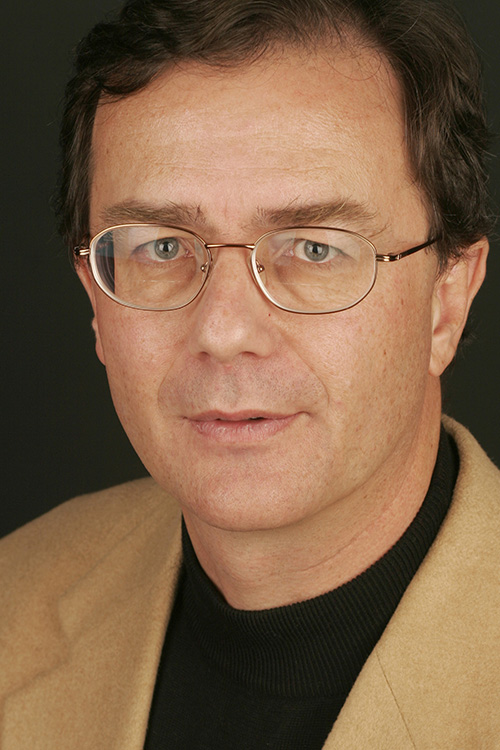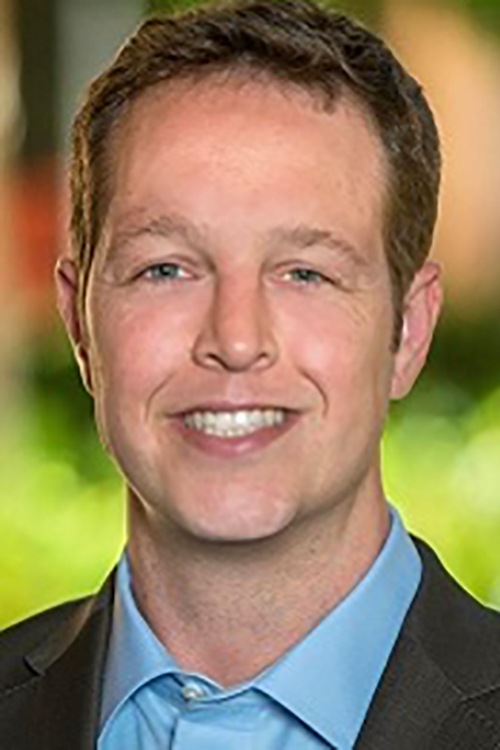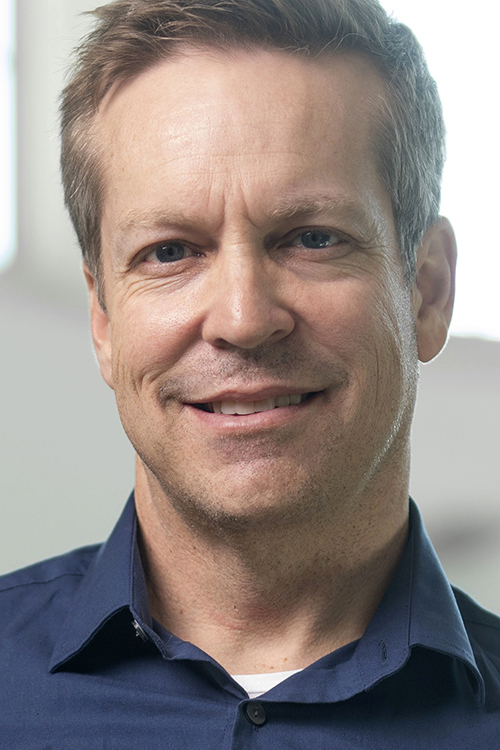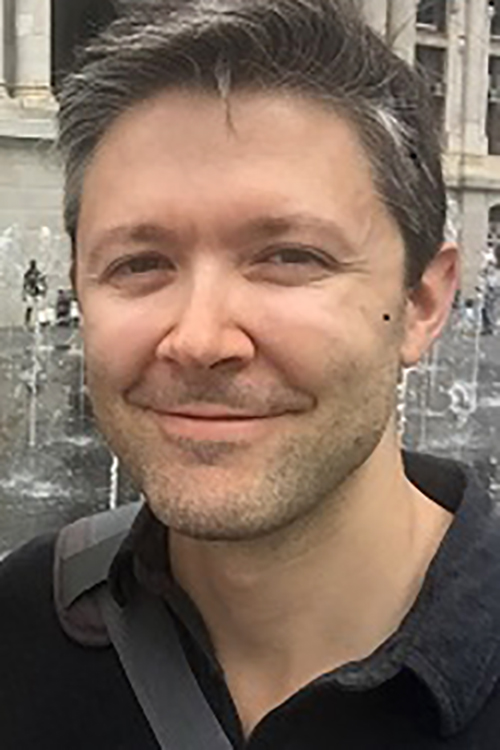RECENT MILESTONES
April 2019
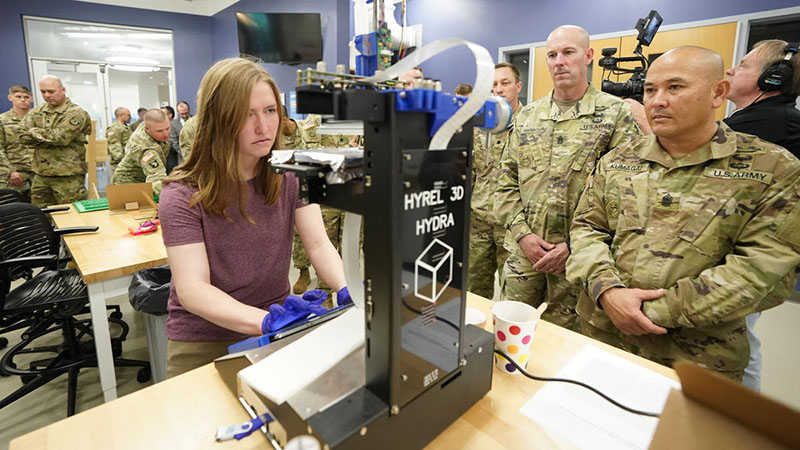
Vanderbilt is the first university to sign an Educational Partnership Agreement with the Army Futures Command for soldier-inspired innovation.
October 2020

Dozens of Vanderbilt faculty rank in the top 2 percent of Stanford University’s systematic study of the most influential scientists by field, including cyber security and artificial intelligence researchers Janos Sztipanovits, Xenofon Koutsoukos, Gabor Karsai, Douglas Schmidt and Doug Fisher.
May 2021
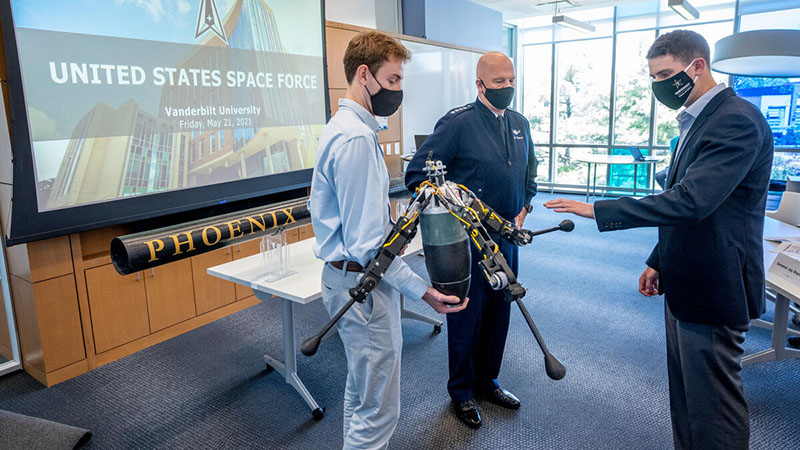
United States Space Force Chief of Space Operations Gen. John W. "Jay" Raymond visits Vanderbilt to learn about the university’s pioneering aerospace engineering projects at VU research institutes.
August 2021

The School of Engineering creates a new Department of Computer Science, housed on Nashville’s Music Row adjacent to interdisciplinary partners, including Vanderbilt’s ACCRE supercomputing facility, the Institute for Software Integrated Systems and the Institute for Space and Defense Electronics.
VANDERBILT LABS AND INSTITUTES
Through these top flight research labs and institutes, Vanderbilt is trailblazing pathways to a more secure future:
Vanderbilt Institute for Software Integrated Systems
- The Institute is intentionally designed to address defense needs and translate high-impact solutions in collaboration with national security and armed forces end-users. Members of the Institute’s team are organizationally engaged to make key scientific and thought leadership contributions to national security.
- The Institute is a key national player for software-integrated systems sponsored by DARPA, Air Force, Army, Navy, NSF, NSA, DOE, Department of Education and NASA.
Vanderbilt Institute for Space and Defense Electronics
- The Institute was recently selected as Air Force Center for Excellence and major contributor to the radiation hardening system for the Navy Trident D5 Life Extension Program.
- It is the only academic program in the U.S. directly supporting DoD strategic applications for radiation effects and one of very few programs involved in microelectronics research for space applications.
Vanderbilt Expertise in Emerging Biochemical Threats and Soldier-Inspired Rapid Innovation Technologies
- Vanderbilt faculty extensively specialize in biochemical threat detection, pandemic response and enhancing human performance in partnership with industry leaders and DoD.
Vanderbilt Leaders in Human Terrain, Alliance and Economic Politics, and Conflicts
- Vanderbilt faculty have expertise in public policy, global politics and the impacts of conflicts on the economy.
FACULTY EXPERTISE
RECRUIT AT VANDERBILT
Please contact us at recruiting@vanderbilt.edu
